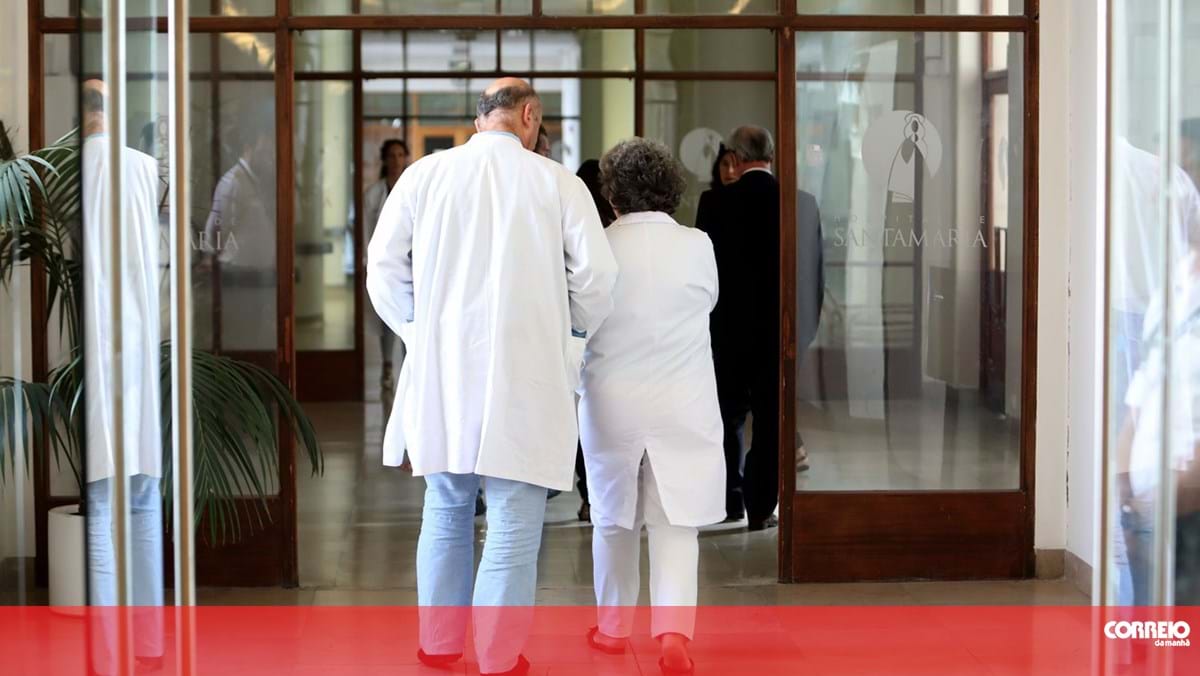On Monday, the health minister said the new overtime pay regime is starting to have “some effect” and many working doctors are contacting hospitals to assess the possibility of an indefinite contract.
“We have news that many professionals who have provided services so far are actually contacting boards of directors to be able to assess the possibility of having an open-ended employment contract and, therefore, the diploma is already starting. have no effect,” said Maria de Fatima Fonseca.
The Minister spoke at a press conference on the scope of emergency obstetric and gynecological care in August, which was held this Monday at the Ministry of Health in Lisbon.
Noting that the charter on overtime pay for emergency doctors “has just entered into force”, the minister said that it is “natural” that within a month or two they will already have “summary information” on its effectiveness and, depending on this, also assess the adequacy of the entire set of stipulated norms.
At the beginning of the conference, Assistant Secretary of State for Health António Lacerda Sales recalled the approval of a new regime that allows doctors to pay between 50 and 70 euros for overtime, and in some cases up to 90 euros.
To clear doubts about the new regime, Lacerda Sales and Fatima Fonseca met all Saturday and Monday morning with hospital board chairs.
“More than 40 meetings were held in 48 hours,” he said, noting that they shared updates on maternity wards and closed maternity hospitals to ensure predictability.
“And here we are, we know that we still have a lot to do and that at the moment, unfortunately, we do not have all the August scales filled, but we will not give up on finding the best solutions to continue to be born well in Portugal,” he assured.
In her speech, Fatima Fonseca left a message of calm to pregnant women and healthcare professionals and assured that “there is no fundamental impossibility in applying a diploma” and “many boards of directors” will already be making clarifications to their teams. to “assess receptivity to that extra ‘mile'” and provide more hours to the emergency department.
He recalled that the Diploma, effective from July 26, was approved as a “short-term solution” to meet “rush peaks” and a set of solutions needed to be put together to enable hospitals to have the answers and manage the tools. the skills needed to provide their teams with the professionals they need.
He also clarified that accounting for overtime work began on January 1: “The work performed will always be paid, and we will begin to apply the diploma.”
According to Fatima Fonseca, the application will be monitored monthly and in each hospital, because the realities are not the same, and in some territories and in some institutions there is a dependence on service contracts that are not tested in other organizations.
“It is clear that the government is ready to take the necessary decisions and that experience suggests that if necessary, they can be fueled by an additional resource package,” he admitted.
The diploma aims to meet three needs that have been communicated to the government: to create conditions for more professionals to work full-time in the National Health Service, to adequately pay them for work in the emergency service, and to reduce dependence on service providers.
Author: Lusa
Source: CM Jornal




